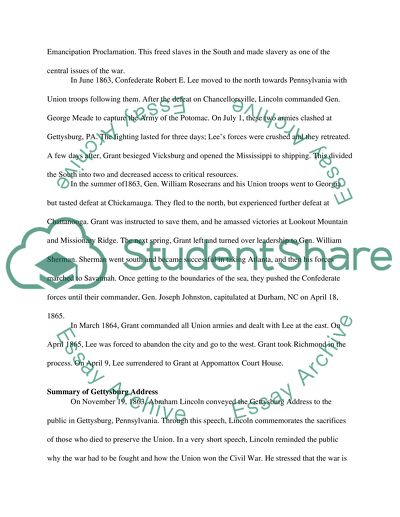Cite this document
(“Lincoln and the Coming of the Civil War Term Paper”, n.d.)
Retrieved from https://studentshare.org/history/1455133-lincoln-and-the-coming-of-the-civil-war
Retrieved from https://studentshare.org/history/1455133-lincoln-and-the-coming-of-the-civil-war
(Lincoln and the Coming of the Civil War Term Paper)
https://studentshare.org/history/1455133-lincoln-and-the-coming-of-the-civil-war.
https://studentshare.org/history/1455133-lincoln-and-the-coming-of-the-civil-war.
“Lincoln and the Coming of the Civil War Term Paper”, n.d. https://studentshare.org/history/1455133-lincoln-and-the-coming-of-the-civil-war.


